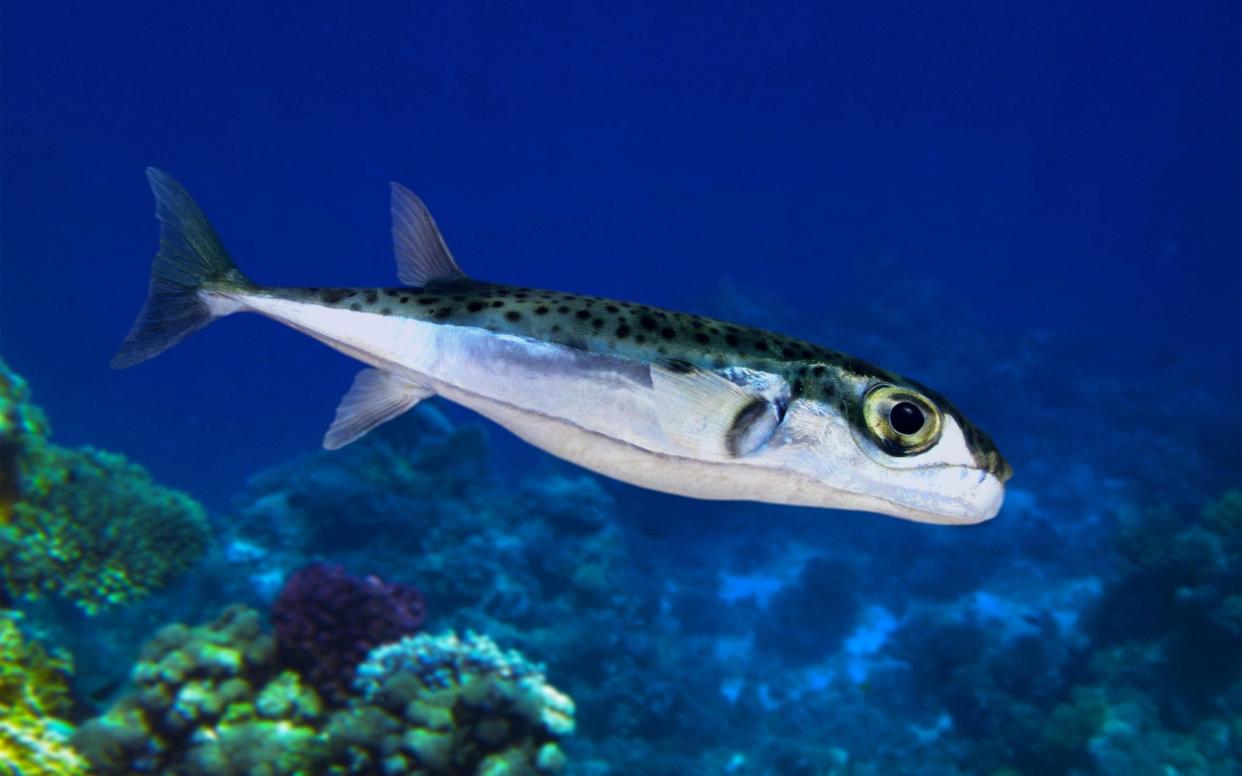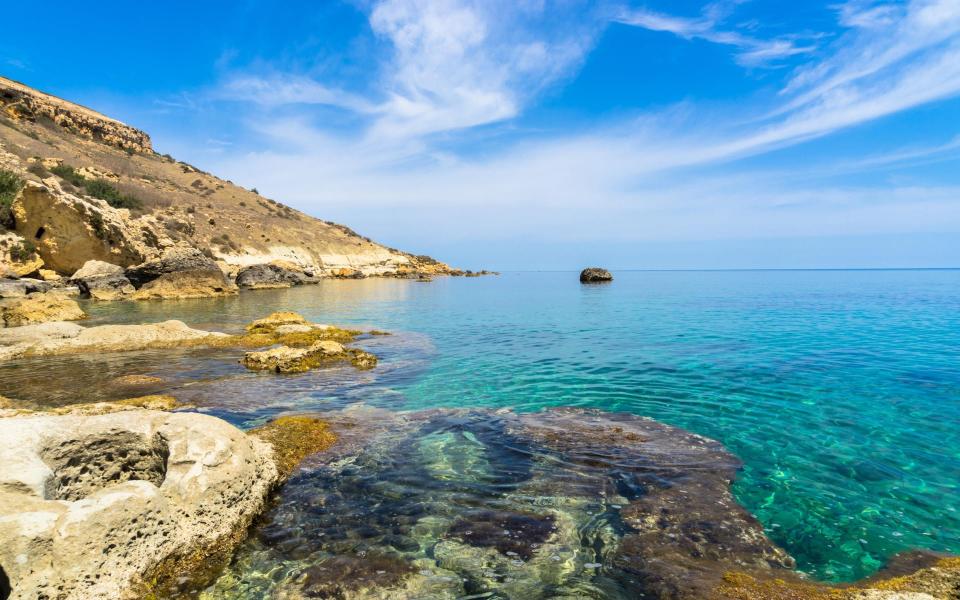Turkey offers bounty for capture of poisonous toadfish wreaking havoc in Mediterranean

Turkish fishermen have been called upon to rid the country’s waters of poisonous toadfish, with a bounty on offer for each tail they bring ashore.
The silver-cheeked toadfish, which can be fatal if eaten by humans, are an “invasive species” that poses a major threat to other fish in the Mediterranean and Aegean sea, according to Turkish officials.
It marks a reversal in fortunes for Turkey’s fishermen, who would usually toss away toadfish in disgust but can now cut off the tail and hand it to the authorities for a five lira (50p) bounty.
Turkey’s agricultural ministry said the bounties will be cancelled after one million toadfish tails have been brought in - meaning a total of five million lira (£477,000) in payments is available.
“Toadfish that has entered from the Red Sea is an invasive species. They pose a grave threat to other fish species,” the ministry said in a statement.
“For each tail, 5 liras will be rewarded. The tail should be stripped off the toadfish body. No payment will be made for the whole body,” it added.
Fishermen were advised to wear protective clothing when removing the toad fish's tail and were also told that the fish must be killed humanely with a single blow to the head.

Toadfish contain a highly dangerous chemical called tetrodotoxin which is contained in its ovaries and skin. Symptoms of toadfish poisoning include muscle paralysis and shortness of breath.
According to Meriç Albay, a maritime scientist at Istanbul University, just two milligrammes of tetrodotoxin can kill a person within six to 12 minutes.
The fish are most commonly found in the Indian Ocean and around Australia, and reached Turkey via the Suez Canal.
Though the fish looks innocuous and is usually just 15 inches long, their rapid growth has wrought havoc for other species in the Mediterranean.
Last year, Turkish fisheries experts warned that immediate action was needed to tackle the toadfish threat.
“You have to take measures the moment a foreign species enters the ecosystem,” said Saadet Karakulak, a professor at Istanbul University’s fisheries department.
“We see the prevalence of toadfish in the Mediterranean. They have a capacity to grow and we can only curb them by hunting. Authorities can organize fishing contests, for instance.
“It is impossible to control the population once a species starts multiplying,” she added.

